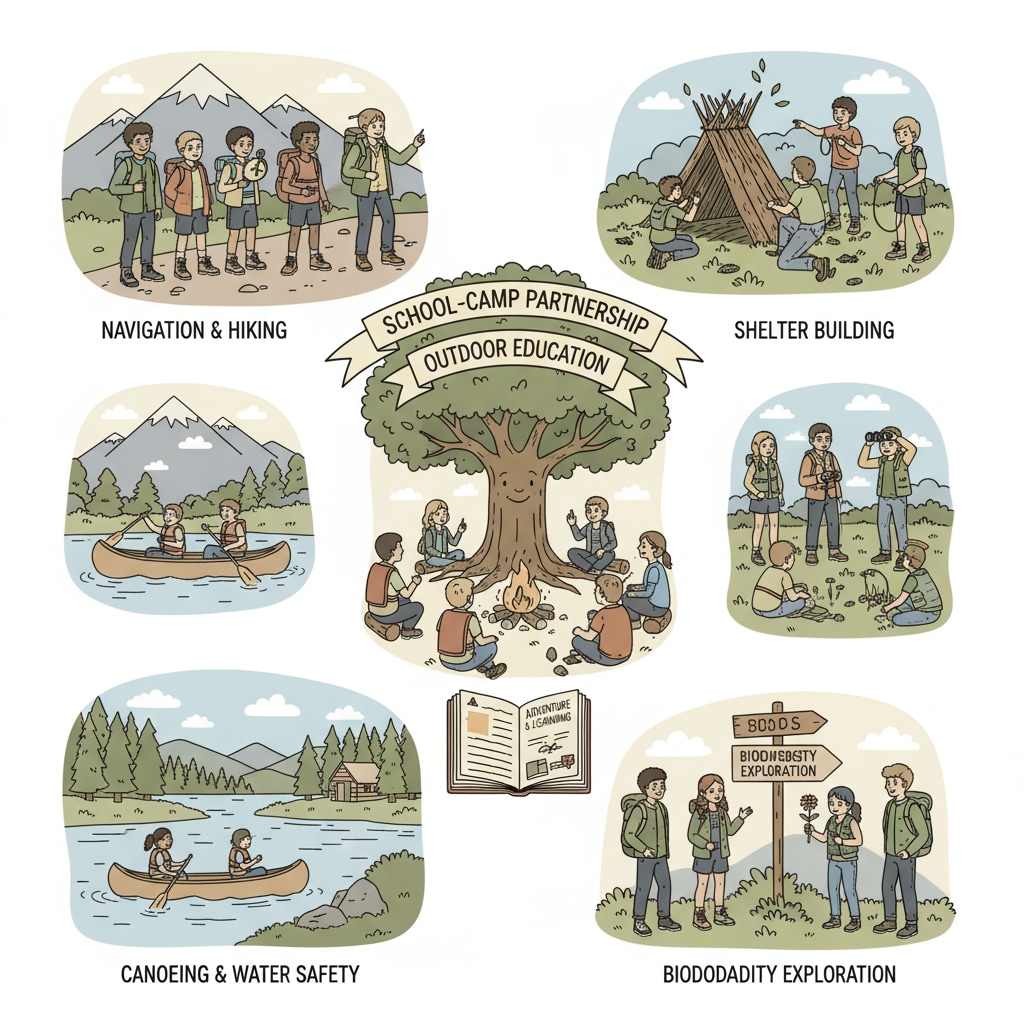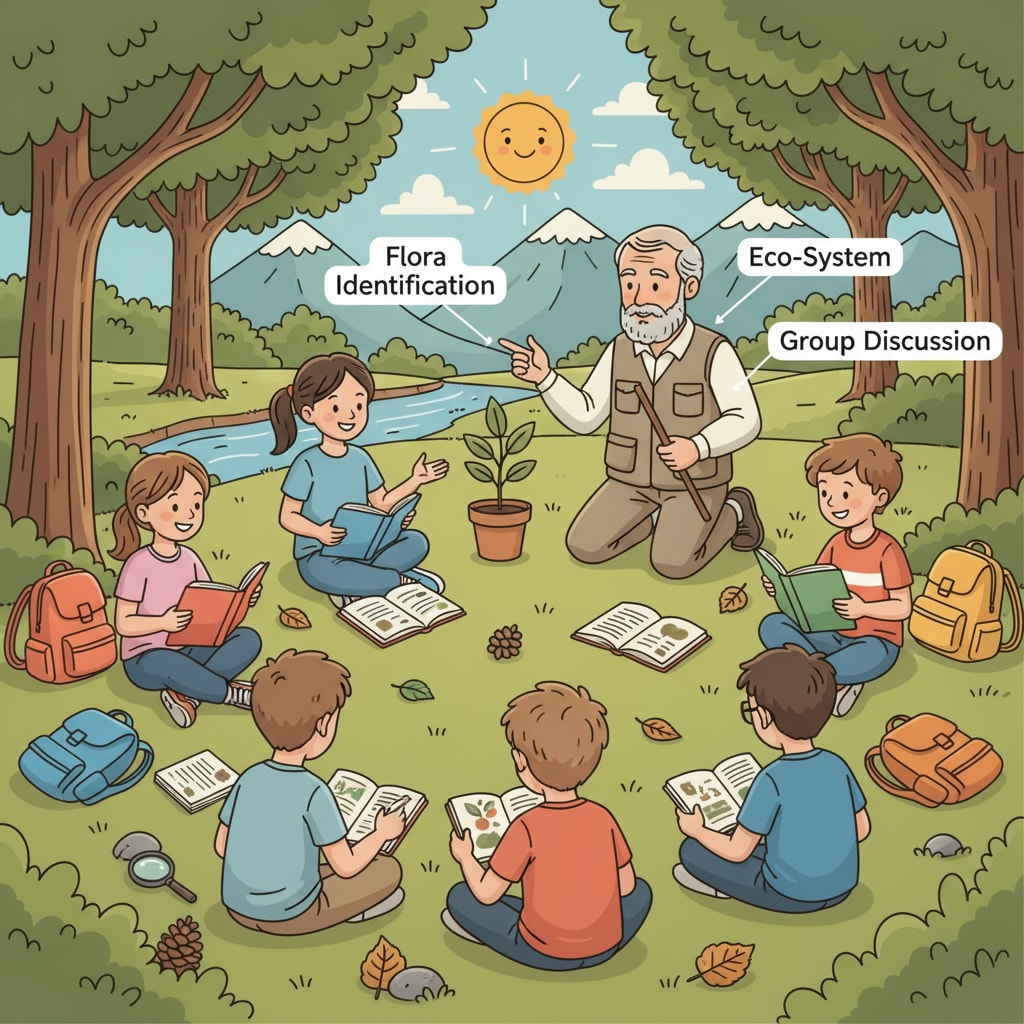School contracts, Camp Ramah, and outdoor education have become a topic of increasing debate in the realm of public education. In recent times, the collaboration between public schools and certain educational camps with specific ideological backgrounds, such as Camp Ramah, has raised eyebrows. This partnership is not without its critics, as it brings into question the very essence of educational fairness and neutrality.

The Rise of School – Camp Partnerships
Over the years, the idea of schools partnering with camps for outdoor education has gained popularity. Outdoor education is seen as a valuable addition to the traditional classroom setting. It offers students a chance to learn in a more hands – on, experiential way. Camps like Camp Ramah claim to provide unique educational opportunities, including activities like hiking, nature study, and team – building exercises. These activities are designed to enhance students’ physical, mental, and social development, as highlighted by the National Education Association.
Concerns about Ideological Influence
However, the main issue with the partnership between public schools and camps like Camp Ramah lies in the potential ideological influence. Public schools are meant to be neutral spaces where all students, regardless of their background, can receive an unbiased education. When a school enters into a contract with a camp that has a particular ideological stance, there is a risk that this ideology will seep into the educational experience. For example, certain camps might promote values or beliefs that are not shared by all students or their families. This can create an uncomfortable and unfair environment for those students who do not align with the camp’s ideology, as discussed in Education Week.

Another concern is the impact on educational equity. If a particular camp is favored by schools due to its ideological connection, it might lead to unequal access to educational opportunities. Some students who do not conform to the camp’s ideology may be discouraged from participating in these outdoor education programs. This can widen the gap between different groups of students, further undermining the goal of providing equal educational opportunities for all.
In conclusion, while outdoor education through school – camp partnerships can have many benefits, it is crucial to reevaluate the selection criteria for these partnerships. Public schools must ensure that educational fairness and neutrality are maintained. By doing so, they can truly provide an inclusive and unbiased educational experience for all students, regardless of the school contracts, the type of camp like Camp Ramah, or the nature of outdoor education activities.
Readability guidance: The article uses short paragraphs to present ideas clearly. Each H2 section has a focused discussion. Passive语态 is minimized, and transition words like ‘however’ and ‘for example’ are used to enhance the flow of the text.


